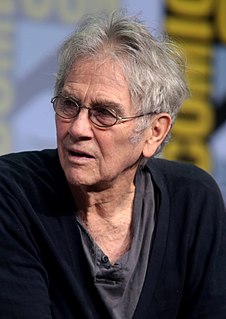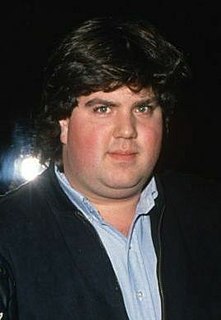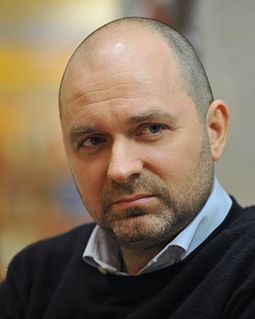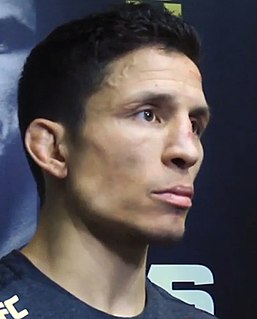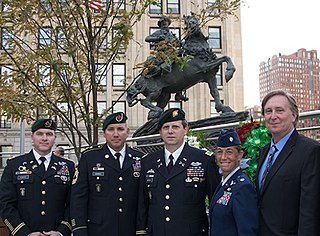A Quote by Hampton Fancher
I don't mean to talk so much about screenplay writing. Who wants to talk about screenplay writing? I've taught it and I felt like a charlatan because what I was teaching I probably couldn't do.
Related Quotes
When I started writing short stories, I thought I was writing a novel. I had like 60 or 70 pages. And what I realized was that I don't write inner monologue. I don't want to talk about what somebody is thinking or feeling. I wanted to try to show it in an interesting way. And so what I realized was that I was really writing a screenplay.
I've quit writing screenplay [adaptations]. It's too much work. I don't look at writing a novel as work, because I only have to please myself. I have a good time sitting here by myself, thinking up situations and characters, getting them to talk - it's so satisfying. But screenwriting's different. You might think you're writing for yourself, but there are too many other people to please.
I prefer reading novels. Short stories are too much like daggers. And now that I'm done with my collection I'm more interested in different forms of writing and other kinds of narrative art. I'm working on a screenplay. But when I was working on Eileen, I definitely felt like I was taking a piss. Like, here I am, typing on my computer, writing the "novel." It wasn't that it was insincere, but there was a kind of farcical feeling I had when I was writing.
I remember this one time I had a dream about me writing a screenplay, and when I woke up, you know those dreams that feel so real, but I woke up and I was like, 'Oh my god I have this amazing screenplay I need to write down as soon as I wake up' and then I woke up and I was like what the heck was I dreaming of?
